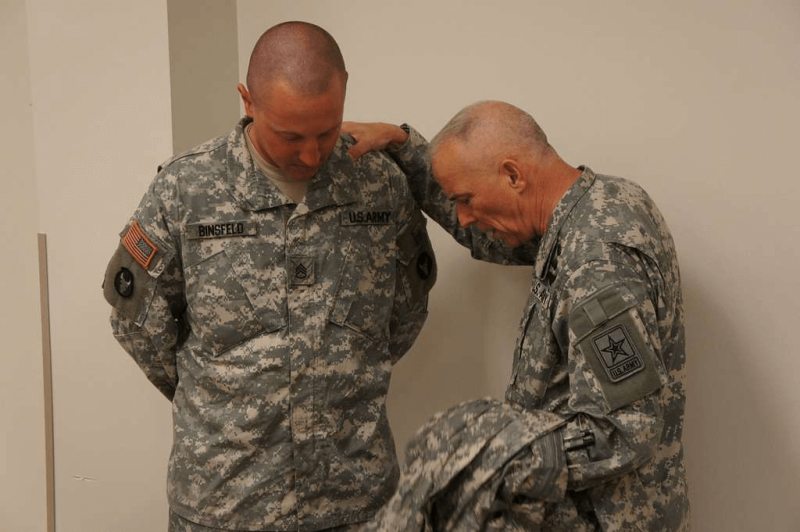Research on the therapeutic use of psychedelics is underway at several universities, and data continues to accumulate on how they may help with conditions from PTSD to depression. Many states and localities across the country are considering legislation. Some, like Oregon and Colorado, have already passed regulatory models, which involve licensing facilitators to administer these drugs. And there’s increasing interest in that work from a group of professionals who already guide people through life’s deep and difficult times: chaplains.
Chaplains are religious professionals who work in non-religious settings — hospitals, schools, battlefields. Although they’re trained and often ordained in a particular tradition, they help people of any faith — or none at all — wrestle with spiritual issues, and connect with a sense of meaning.
The conversation is growing within the field — both the Association of Professional Chaplains and the Neshama: Association of Jewish Chaplains held workshops on psychedelic-assisted therapy at their most recent annual conferences, and panels and webinars have been held in many forums, as chaplains explore this topic.
And while some chaplains are exploring psychedelic-assisted therapy because of their deep well of experience providing a non-judgmental presence to help make sense of life’s difficult moments, many are also drawn to it because people taking these drugs often report what’s described as a mystical experience.































